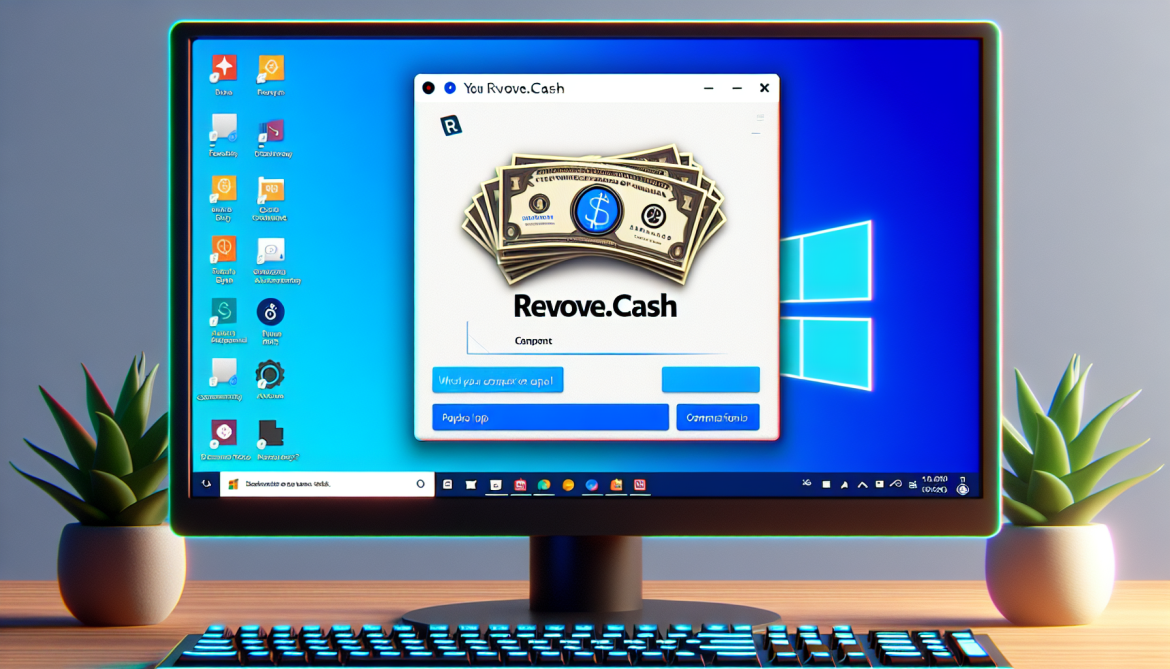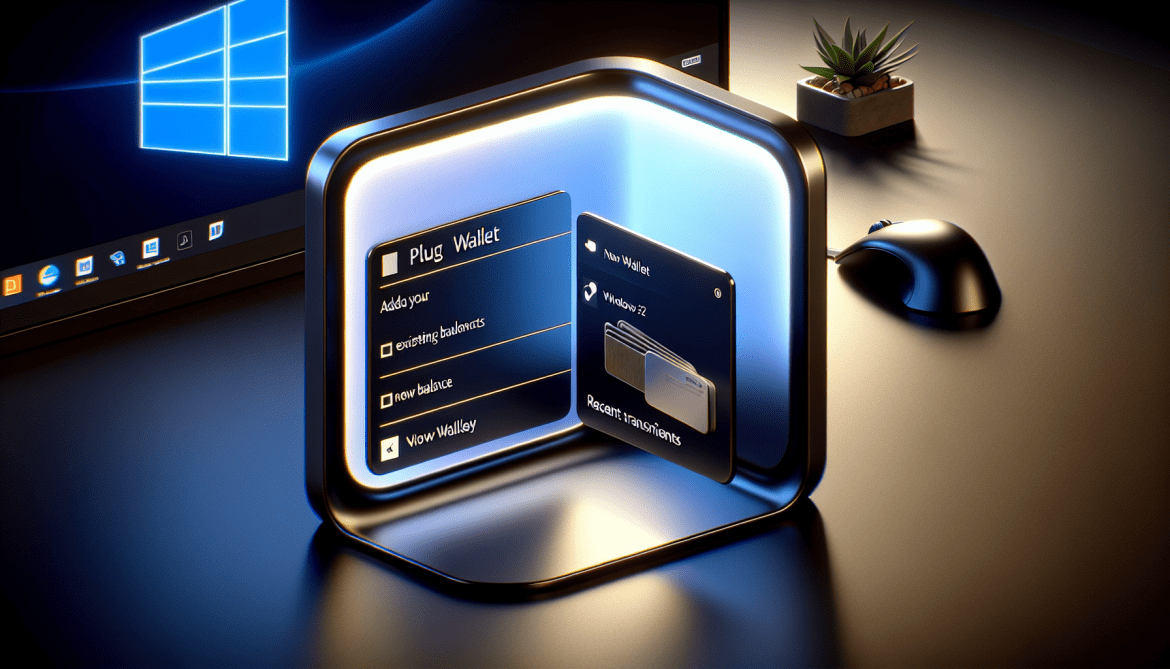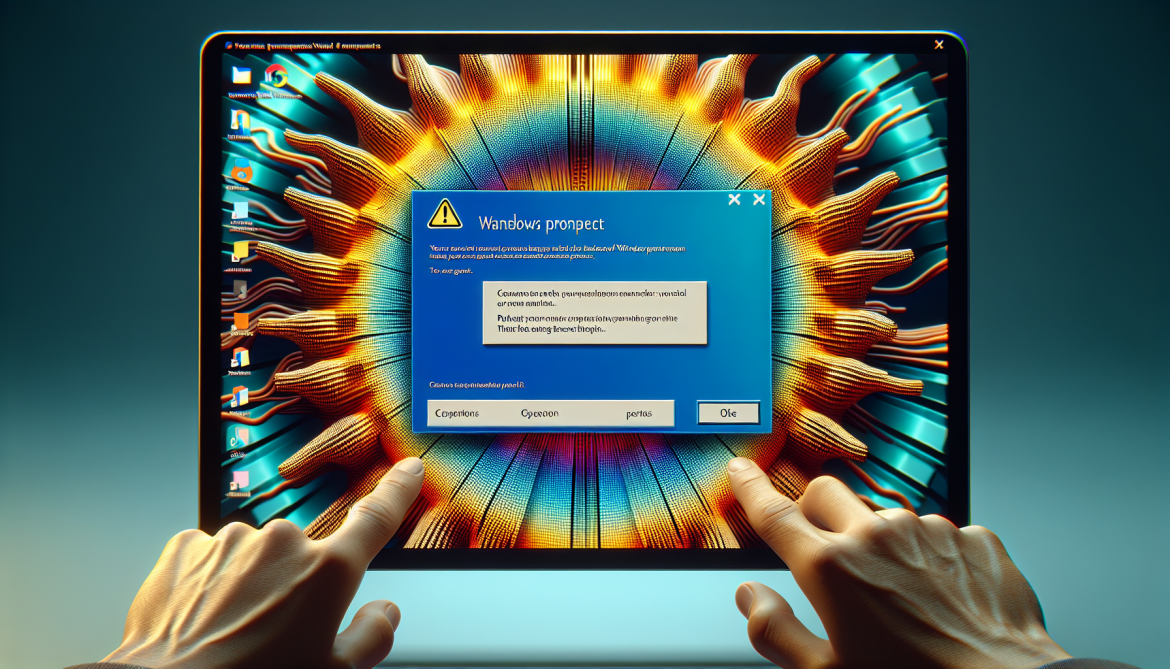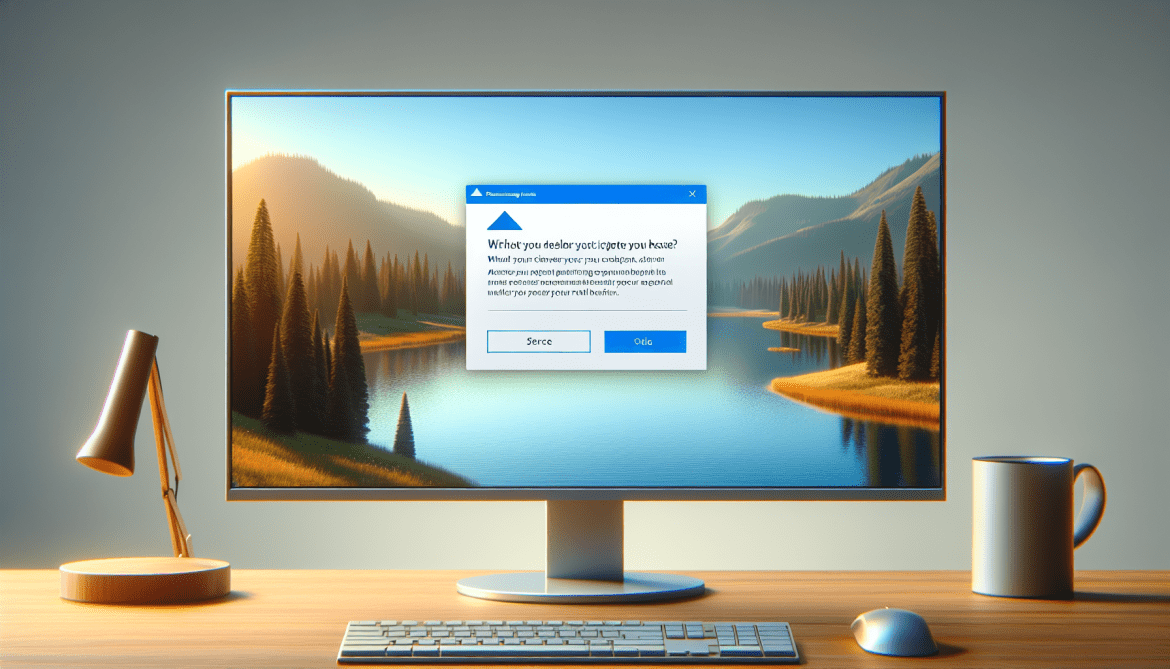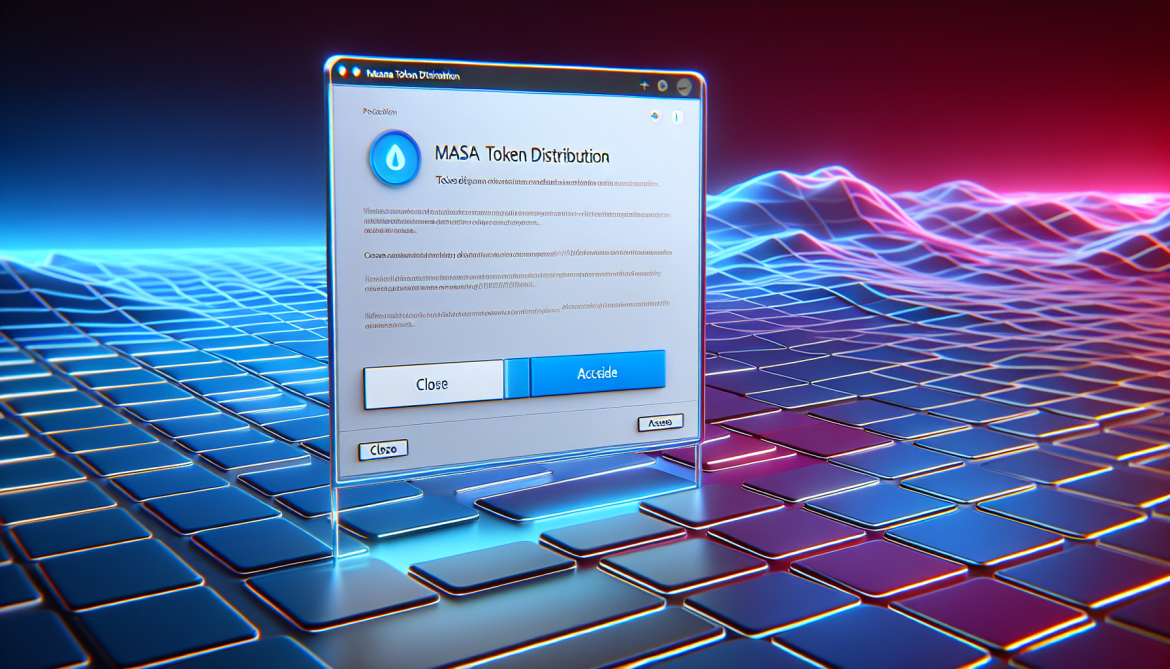zkSync is a layer 2 scaling solution for Ethereum that aims to improve the scalability and efficiency of the network. It utilizes zkRollups, a technology that enables batching multiple transactions together and compressing them into a single proof. This allows for a significant reduction in transaction fees and increases the throughput of the Ethereum blockchain. zkSync also ensures the security of funds by utilizing zero-knowledge proofs, which enable users to verify the correctness of transactions without revealing any sensitive information.
zkSync appears in browsers as a way to provide users with a seamless and user-friendly experience when interacting with decentralized applications (dApps) on the Ethereum network. By integrating zkSync, users can enjoy fast and low-cost transactions without compromising on security. It allows users to perform various actions such as transferring tokens, trading, and interacting with smart contracts directly from their browsers. This integration helps to overcome the limitations of the Ethereum blockchain, such as high fees and slow confirmation times, making it more accessible and practical for everyday users. Additionally, zkSync’s presence in browsers encourages the adoption of layer 2 solutions, which are crucial for the scalability and mass adoption of Ethereum.


